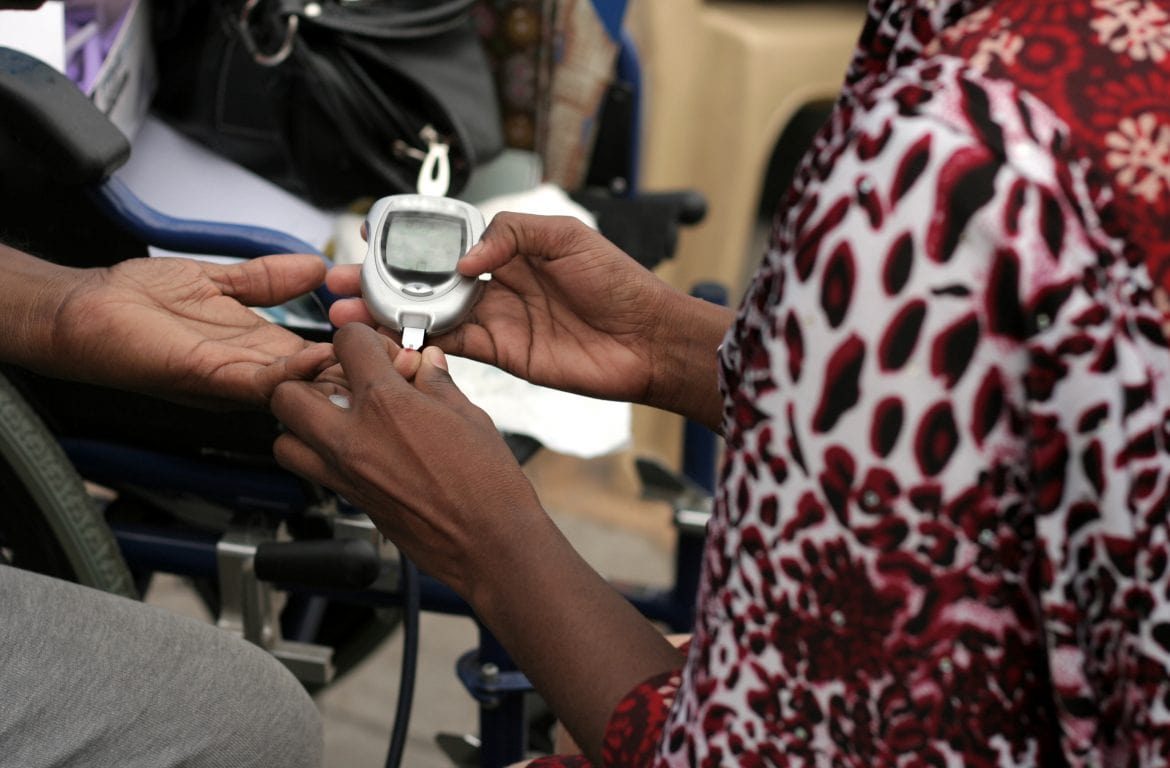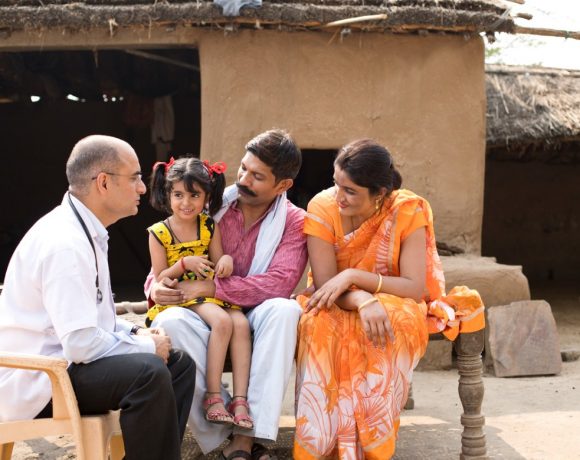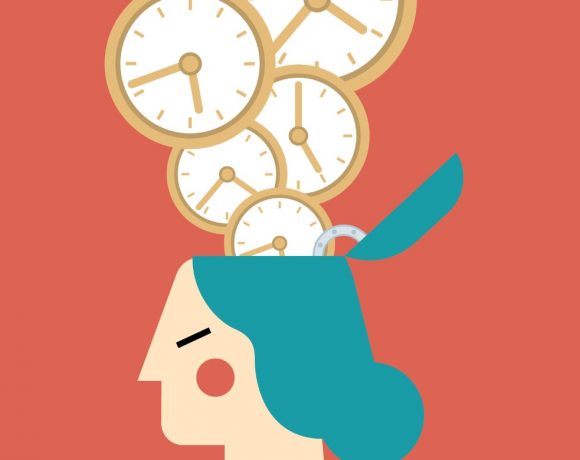- Government and private healthcare providers alike are looking at enhanced digital support for improving the quality and ease of healthcare delivery in India.
- There is an urgent need for solutions that would help in capacity building of healthcare providers, ensuring evidence-based management and follow-up of patients with chronic diseases.
- Switzerland and India will benefit from co-development of medical devices and compatible mobile health solutions, particularly with Internet of Things.
Access, affordability, lack of trained manpower and an ongoing battle with chronic diseases are some of the problems that are currently plaguing the Indian healthcare system. The government has attempted to curtail these problems by introducing several welfare measures. While these measures can provide some relief to the end users, there are still gaping holes left unfilled. Can startups play a part in bridging this gap?
The Swiss health publication, IN VIVO, approached three prominent members of the Centre for Chronic Disease Control, Public Health Foundation of India (PHFI), namely, Dr. Devraj Jindal, Dr. Ajay Vamadevan and Prof. D Prabhakaran, to understand India’s healthcare landscape and assess the role of startups in bringing tech solutions that could produce real change. Here are the highlights of the conversation:
Conversation with experts from PHFI
In India, millions of people are victims of chronic diseases. Why are chronic diseases that widespread?
Overall, the absolute burden of chronic diseases has increased globally. South Asian population, which include Indians, are well known to suffer an excessive and premature burden of Cardio-Vascular Diseases (CVD), at a younger age compared to western population. In the past few decades, the prevalence of chronic diseases has risen in India, largely because of population growth, aging and rapid epidemiological transition resulting in a shift from predominantly infectious diseases to Non-Communicable Diseases (NCD). As this transition has
occurred over a rapid and compressed time frame, health system and policies in India require major transformation to tackle the huge burden of chronic diseases.
How is India tackling this challenge? What are the latest approaches?
Recently, Government of India launched a national initiative namely ‘Ayushman Bharat Yojna’ or ‘Healthy India Initiative’, the largest public insurance in the world. Ayushman Bharat Yojna has two interrelated components: Establishment of 1,50,000 Health and Wellness Centres (H&WCs) and Pradhan Mantri Jan Arogya Yojna (PM-JAY) or the Prime Minister’s Health Plan to provide financial protection through insurance coverage of up to INR 500,000/-.
However, the program’s implementation on the ground needs a lot of support and handholding. The health staff dealing with multiple health conditions in busy public health facility need focused simplified, evidence-based NCD risk factor management algorithms and training to better serve the large population of India.
How can startups and new technologies prevent the growth of chronic diseases?
There is an urgent need for quality and affordable healthcare in India, which leads to many opportunities and a huge market for the startups. Interestingly, majority of the startups are either focusing on marketing: 1) electronic health records with or without billing account software; 2) point of care diagnostic devices (for blood glucose, HbA1c, blood pressure, ECG, spirometry, etc.), and 3) internet-based market aggregators for pharmacies, lab services, and scheduling appointments with doctors.
Focusing only on better diagnostic technologies or solutions will not help India in achieving better control of chronic diseases. Startups and other organizations also need to focus on the systematic strengthening of the health system and capacity building of healthcare providers to ensure evidence-based management and follow-up of patients with chronic conditions.
Can you give me concrete examples of such startups?
The Centre for Chronic Disease Control (CCDC), and the All India Institute of Medical Sciences (AIIMS) along with Public Health Foundation of India has initiated technology-based NCD intervention in two states of India (Mizoram & Tripura). The android based e-Clinical Decision Support System (CDSS) named the “mPower Heart mHealth System” helps the healthcare professional in computing clinical management plan in accordance with evidence-based clinical management protocols.
Its major capabilities are its ability to identify patients with high risk for diabetes, hypertension or cardiovascular disease (CVD), ability to generate lifestyle intervention tailored to individual patients, customized prescription for diabetes, hypertension, dyslipidemia and secondary prevention for CVDs in accordance with the latest clinical management guidelines, ability to store and integrate longitudinal health records of the patients both locally in the android app and central server, and ability to work in the offline mode.
Is digital health already an important part of India’s economy, or does it have the potential to become one?
The health sector in India is growing at a rapid pace, and with Ayushman Bharat Yojna having a digital component, digital health is going to be an important part of India’s economy. Both government and private sectors are looking forward to digital health solutions like simplified electronic health records, health information system and mobile health technologies. However, lack of digital health literacy, high patient volumes, and inadequate trained manpower and support for new digital technologies are challenges that need to be overcome. Most of the startups have started the digital journey but it needs to be scaled up across various components of the Indian health system like pharmaceuticals, government hospitals, diagnostics, and medical equipment.






NO COMMENT